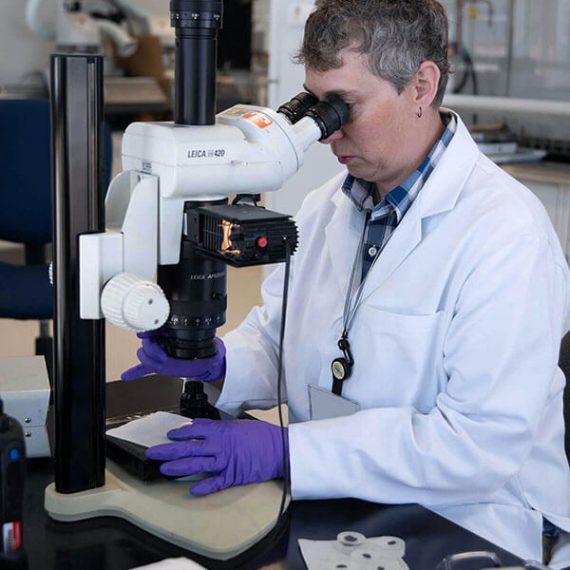The importance of quality control in pharmaceutical raw material manufacturing cannot be overstated. In the pharmaceutical industry, raw materials are the building blocks of the final product. Poor quality raw materials can lead to substandard finished products and can even compromise patient safety. This is why quality control is critical throughout the entire manufacturing process.
Quality control also involves testing for impurities that could be harmful to the patient. Even trace amounts of impurities can have serious consequences, so it is essential to test for them thoroughly. In addition, quality control involves testing for contaminants that may have entered the raw materials during processing or packaging.
Another critical aspect of quality control is ensuring that the raw materials are stable over time. Raw materials that degrade over time can result in products that are less effective, or even dangerous. Stability testing is necessary to determine the shelf life of raw materials and to ensure that they maintain their quality over time.
Finally, quality control involves monitoring the manufacturing process itself to ensure that it is consistent and reproducible. This means testing the process at various stages to ensure that it is producing the desired quality of raw materials.
In conclusion, quality control is an essential aspect of pharmaceutical raw material manufacturing. It ensures that the raw materials used in drug manufacturing meet the necessary quality standards, are free from harmful impurities and contaminants, are stable over time, and that the manufacturing process is consistent and reproducible. By implementing a robust quality control program, pharmaceutical manufacturers can produce high-quality products that are safe and effective for patients.








